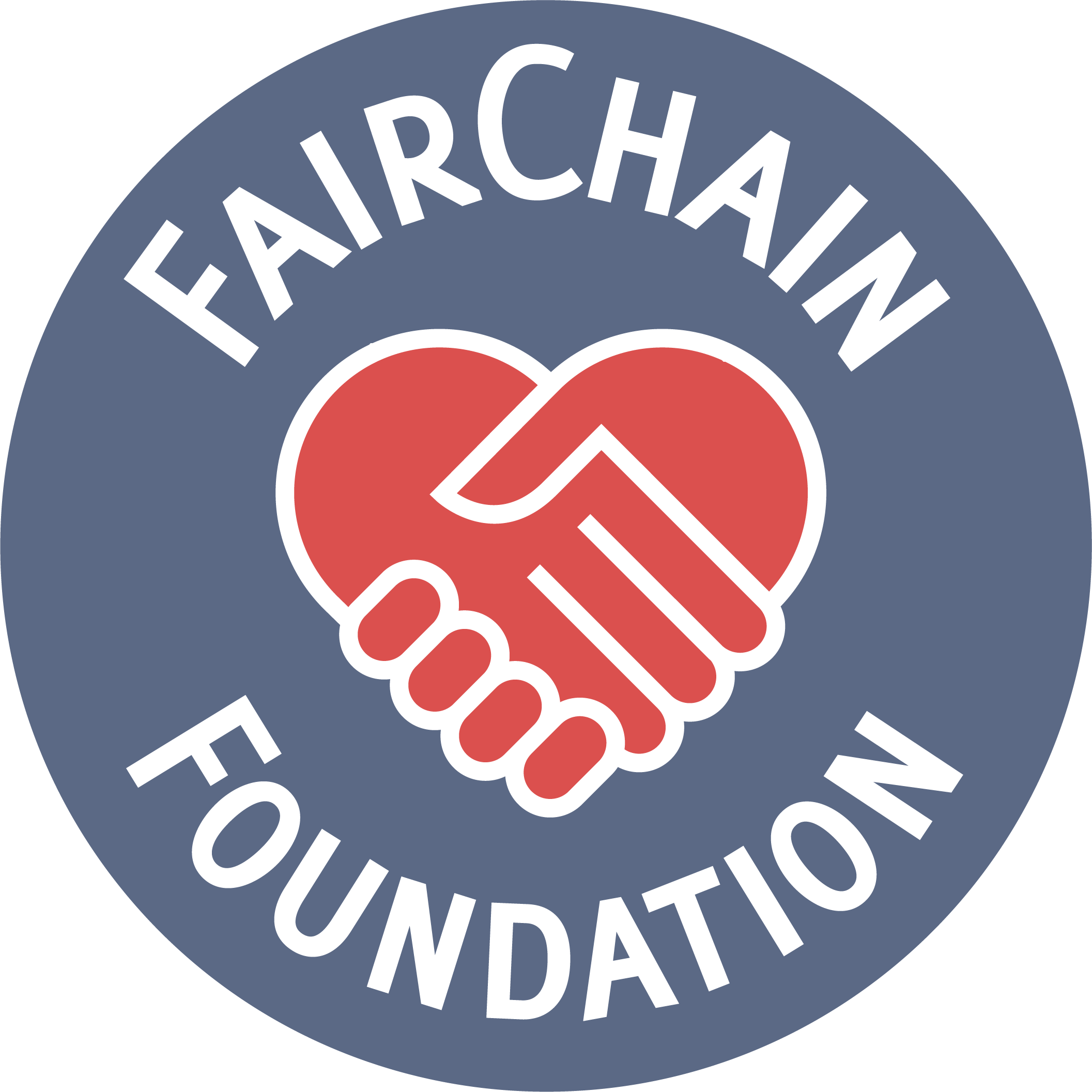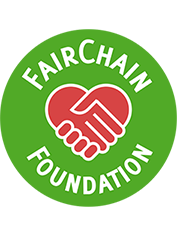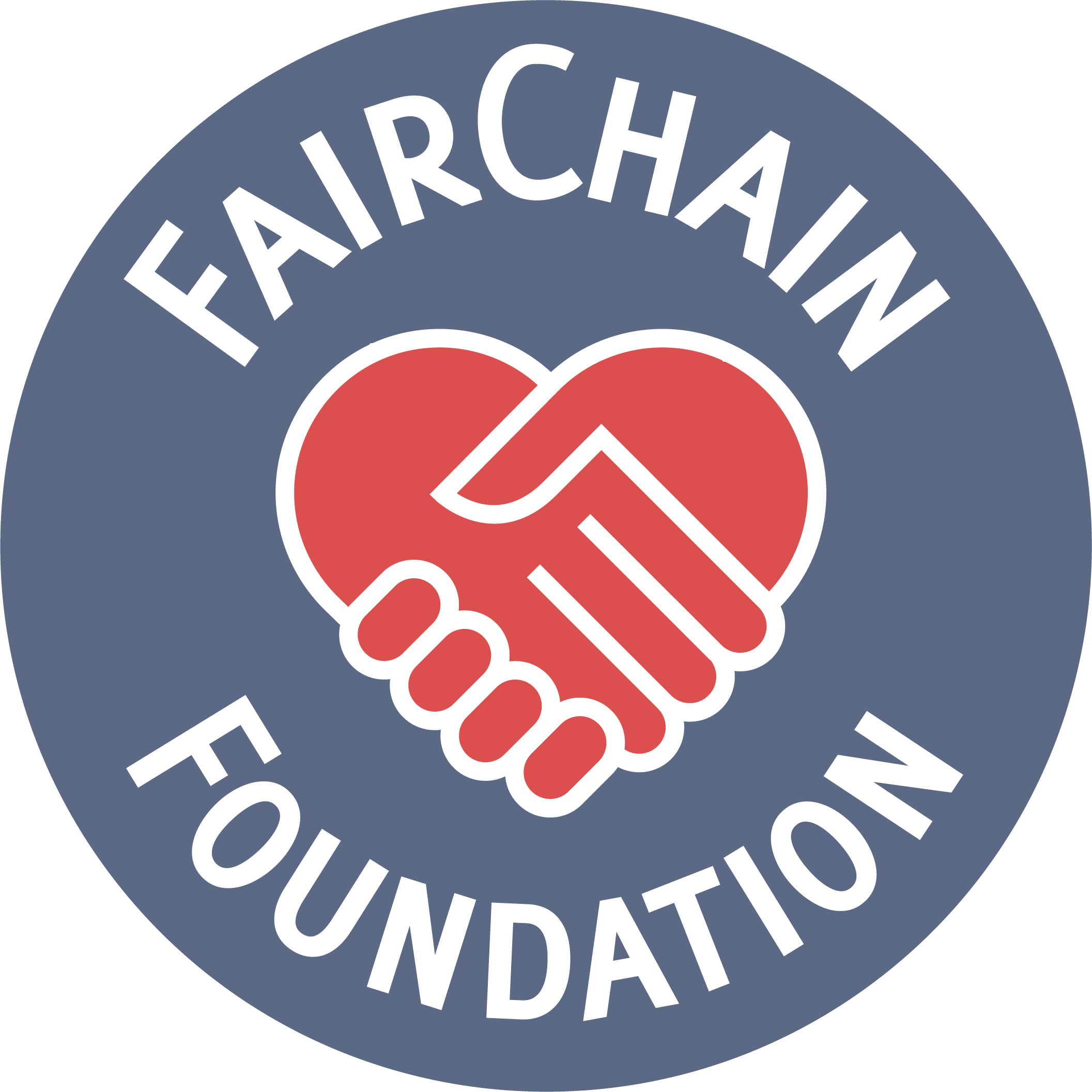It is hard to be living in 2022 without hearing about Carbon Offsetting – the holy grail to save every brand (even Shell) from their greenhouse sins by buying carbon credits outside their supply chain. In 2018, the FairChain Foundation and Moyee Coffee started working on a new concept that is finally gaining a moment: Let’s talk about Carbon Insetting.
THE PROBLEM WITH CARBON OFFSETTING
These days most multinationals are part of offsetting programs to ease their environmental conscience and/or balance their carbon emissions. A carbon offset, as defined by the Guardian is as follows: ‘allowing individuals and companies to invest in environmental projects around the world to balance out their carbon footprints. The projects are usually based in developing countries and most commonly are designed to reduce future emissions. These might involve rolling out clean energy technologies or purchasing and ripping carbon credits from an emissions trading scheme. Other schemes work by soaking up CO2 directly from the air by planting trees.’.
Increasingly, however, this practice has come under fire as being little more than greenwashing since these programs are outside the company’s supply chain and can also have a negative impact on the local communities where the programs are being applied. Over the past few years, Shell has invested in various tree-planting schemes while continuing, to extract and burn increasing amounts of fossil fuel. Coca-Cola has funded National Forest projects across the US, however, this work is counterbalanced by the vast amount of plastic pollution and water extraction.
Is Carbon Offsetting a solution or only a distraction to the tangible and practical solutions we need to find on supply chains?
INTRODUCING THE CONCEPT OF CARBON INSETTING
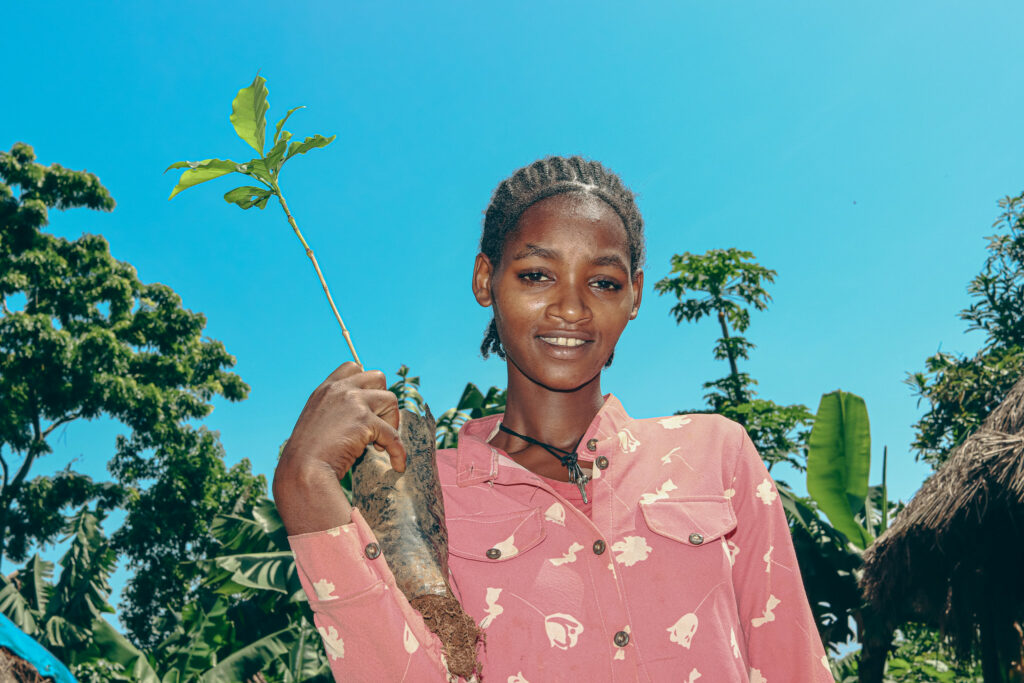
In contrast to carbon offsetting, where the Greehouse Gases (GHG) reduction activity is totally outside of a company’s direct or indirect operations, Carbon Insetting refers specifically to GHG reductions that are directly related, either by geography, production, or commodity to the company’s operations.
From a technical perspective, Carbon Insetting is referred to a partnership or investment in a GHG emissions-reducing activity within the ‘sphere of influence of a company’.
As a result, Carbon Insetting demands companies to be conscious of their carbon footprint and about taking the responsibility to act.
FAIRCHAIN TECH AND MOYEE: THE INSETTING PROGRAM
In 2018, Moyee and the FairChain Foundation came together to design a climate-positive program for Moyee’s supply chain to achieve net-zero emissions by 2030. To accomplish so, we have integrated carbon-absorbing projects into Moyee’s business model – projects focused on sustainable practices and reducing carbon footprint within Moyee’s own value chain. In other words, a carbon insetting approach includes the 1 Million Tree Planting Campaign, the low-carbon project in Kenya and the Caffeinated Reforestation project in Mizan, Ethiopia.
RADICAL ENGAGEMENT AND TRANSPARENCY WITH THE 1 MILLION TREE REVOLUTION
Moyee and FairChain agreed to partner to plant 1 million trees on producers’ farms, forming the first mile of Moyee’s supply chain. An initiative that combats deforestation in Ethiopia and increases the quality of the farmers’ crops. The Plant-A-Tree Campaign is the leading accelerator for this revolution in which Moyee partnered with FairChain to implement the radical engagement impact program.
FairChain Tech’s tools allow Moyee to link their consumers to planting trees on the same farms from which their coffee comes. Consequently, Moyee can practice Carbon Insetting: compensating for the CO2 footprint of a product by absorbing Carbon within their supply chain. Each planted tree captures 1.9 kg CO2 per year and a total of 25kgCO2 over its 13-year productive lifecycle. By giving the farmers new trees and investing in agroforestry, the 1 million trees revolution will triple yields and two incomes, ensuring a living income for all farming families involved while directly involving the consumers in the process!
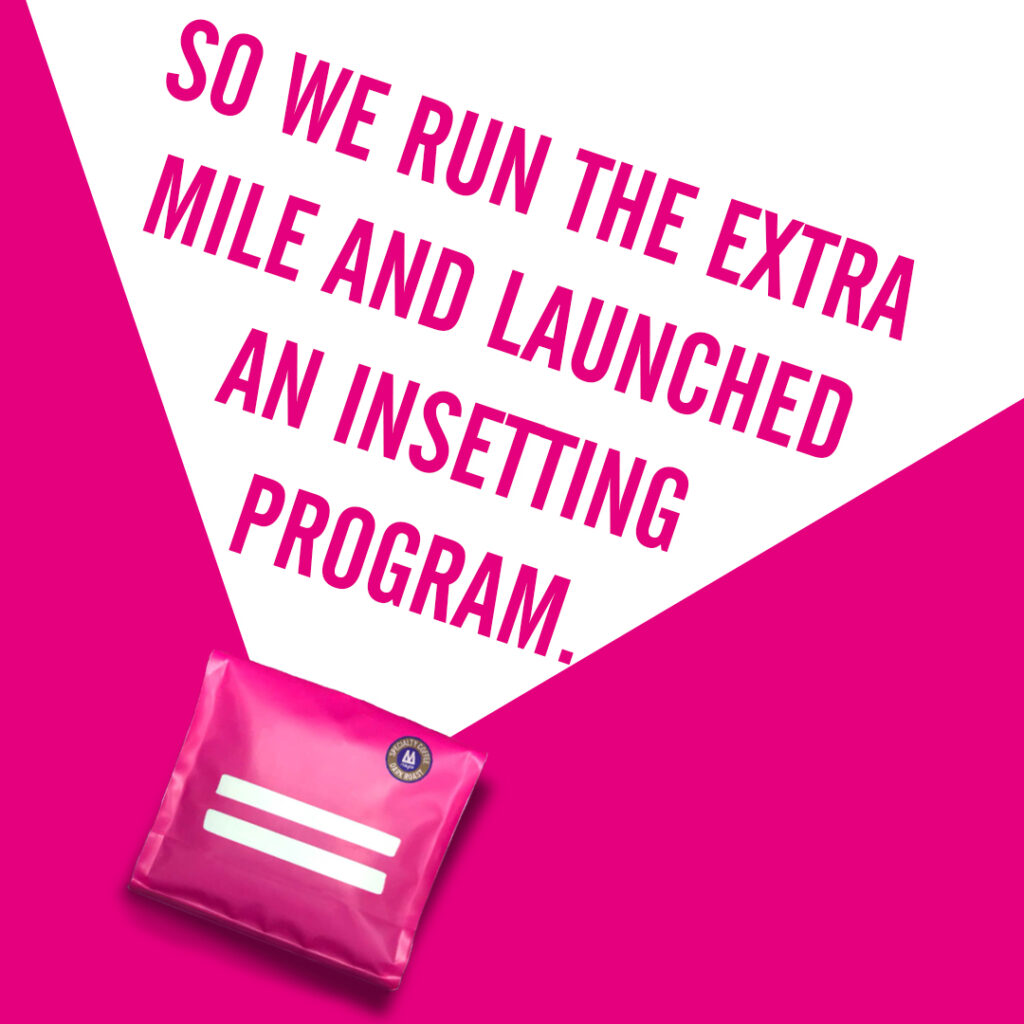
WHY EVIDENCE MATTERS
Due to FairChain’s engagement platform, Moyee is able to revolutionize the connection between farmers and customers. Each Moyee Coffee bag comes with a QR-code that allows the customer to plant a coffee tree for a farmer. This transaction is turned into a verifiable proof on the blockchain which can be traced by the consumer any time he/she wishes.
In a decade in which greenwashing has been the mainstream of so many brands and in which consumers are more and more sensitive to it, developing products and impact programs that provide radical transparency and traceability is an absolute essential.
